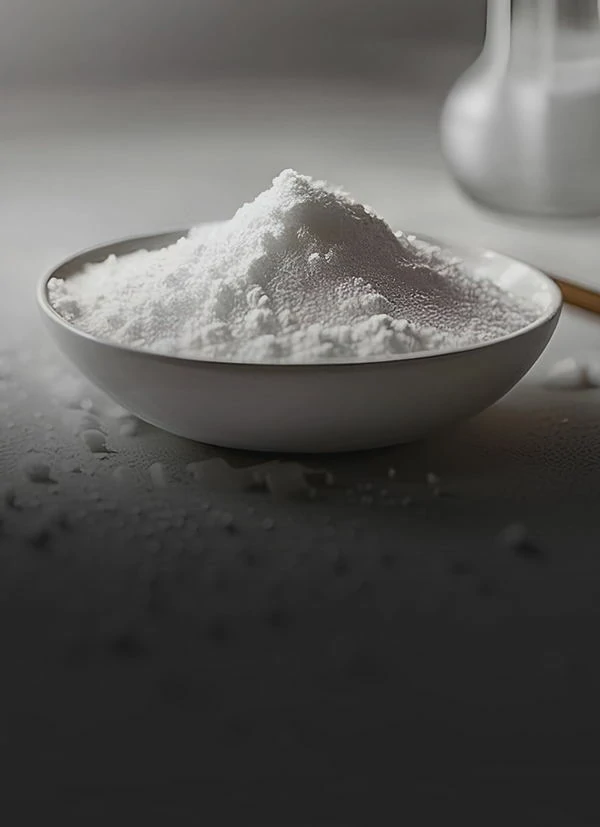Molecular Formula:
NaHSO4
Molecular Weight:
120.05
CAS No. 7681-38-1, EINECS No. 231-665-7
Standard:
HG/T 4516 - 2022 (Type I)
Packing:
25kg / 50kg / 1000kg woven bags with inner plastic liner
Applications of Sodium Bisulfate Products
Our Sodium Bisulfate Granules (NaHSO₄) are high-purity Sodium Bisulfate Products manufactured through a controlled process of melting, granulating, and screening to ensure consistent particle size and excellent flowability. As a leading sodium bisulfate manufacturer and supplier, HYET Company provides premium-grade granules that are stable, easy to handle, non-caking, and compatible with various industrial and commercial applications.
Sodium bisulfate - also known as solid acid - is widely used as an acidifier, pH adjuster, and cleaning agent due to its strong acidity, high solubility, and lower corrosiveness compared with traditional mineral acids. It is ideal for end users such as livestock farmers, swimming pool operators, and industries requiring an effective pH reducer. Their stability and compatibility also make them a preferred raw material in producing chlorine dioxide tablets, disinfectant powders, and various chemical formulations.
|
InspectionItems |
Indexes |
|
|
|
First - class Product |
Qualified products |
|
Sodium Bisulfate(NaHSO4) w/% |
≥ 98.0 |
≥ 90.0 |
|
Iron (Fe) w/% |
≤0.01 |
≤0.02 |
|
Water - Insoluble Matter w/% |
≤0.05 |
≤0.05 |
|
Chloride (Calculated as Cl) w/% |
≤0.03 |
≤0.05 |
|
Heavy metal (Calculated as Pb) w/% |
≤0.003 |
≤0.005 |

Sodium hydrogen sulfate is a highly effective agent for industrial cleaning and descaling, especially for removing scale, rust, and mineral deposits from machinery, pipes, heat exchangers, and boilers. Its ability to neutralize and clean efficiently, while being relatively safe and cost-effective.

Sodium bisulfate plays a key role in chemical production by controlling pH levels, acting as a reactant or catalyst, and aiding in the synthesis of various chemicals. Its applications range from the production of sulfuric acid and other sulfur-based chemicals to its use in sulfation reactions.

Sodium hydrogen sulfate acts as a pH adjuster in dye formulations. It helps to control the acidity of the dye bath, which is crucial for the optimal performance of certain dyes, enhancing their stability and improving how they penetrate the fabric fibers.

Sodium bisulfate helps control pH, prevent scale formation, control corrosion, and enhance the effectiveness of various treatment processes. Whether used in industrial water systems, wastewater treatment, or drinking water treatment, it plays a crucial role in ensuring clean, safe, and efficient water treatment.

Sodium bisulfate is an effective agent for neutralizing ammonia gas in industrial and environmental applications. It helps control ammonia emissions, reduces air pollution, and contributes to safer and more efficient processes, making it a valuable tool in gas treatment systems.

Sodium bisulfates ability to reduce pH makes it useful as a preservative in wet pet foods, soft treats, and liquid digests. The low pH environment inhibits the growth of bacteria and other microorganisms, extending the product's shelf life.
Get top-quality sodium chlorite and chlorine dioxide products, along with custom solutions. Our expert team is here to help - contact us today!
Contact Us